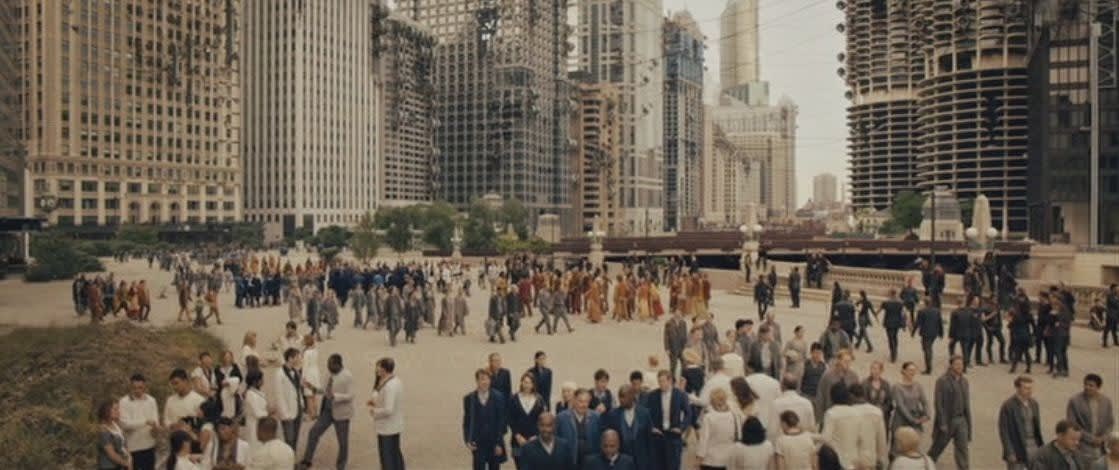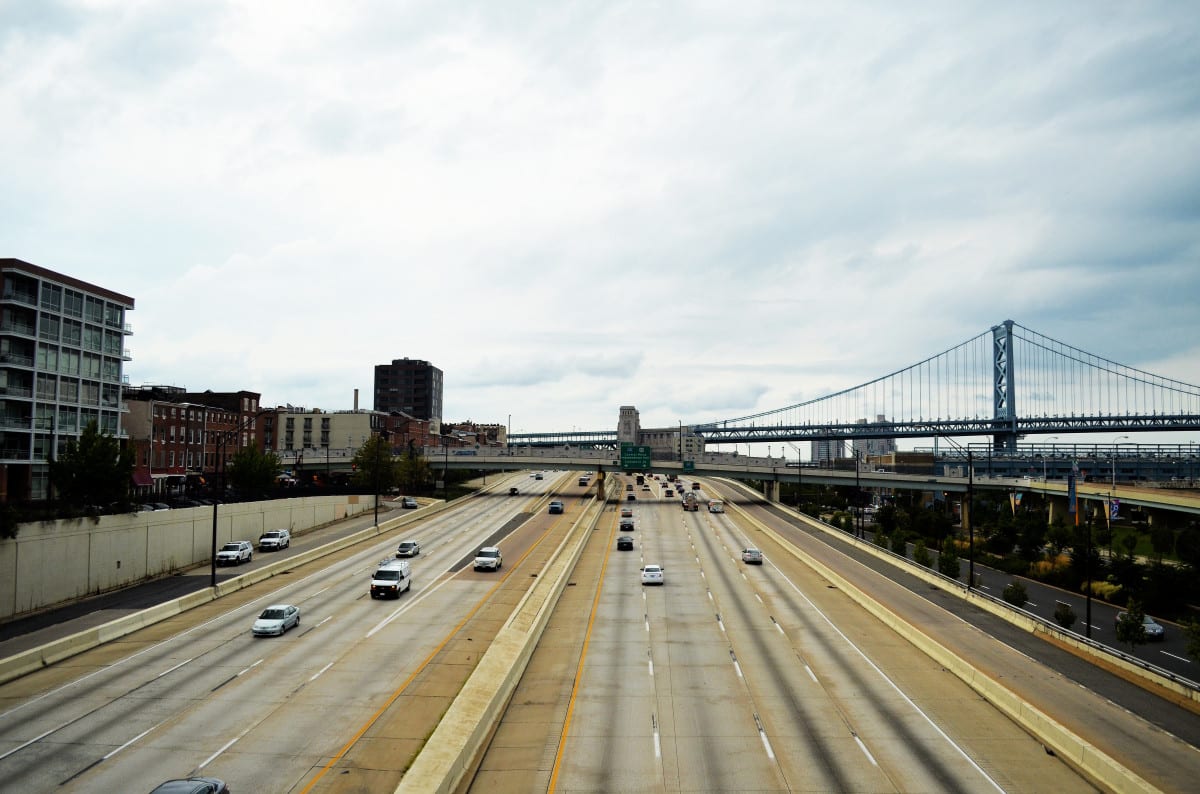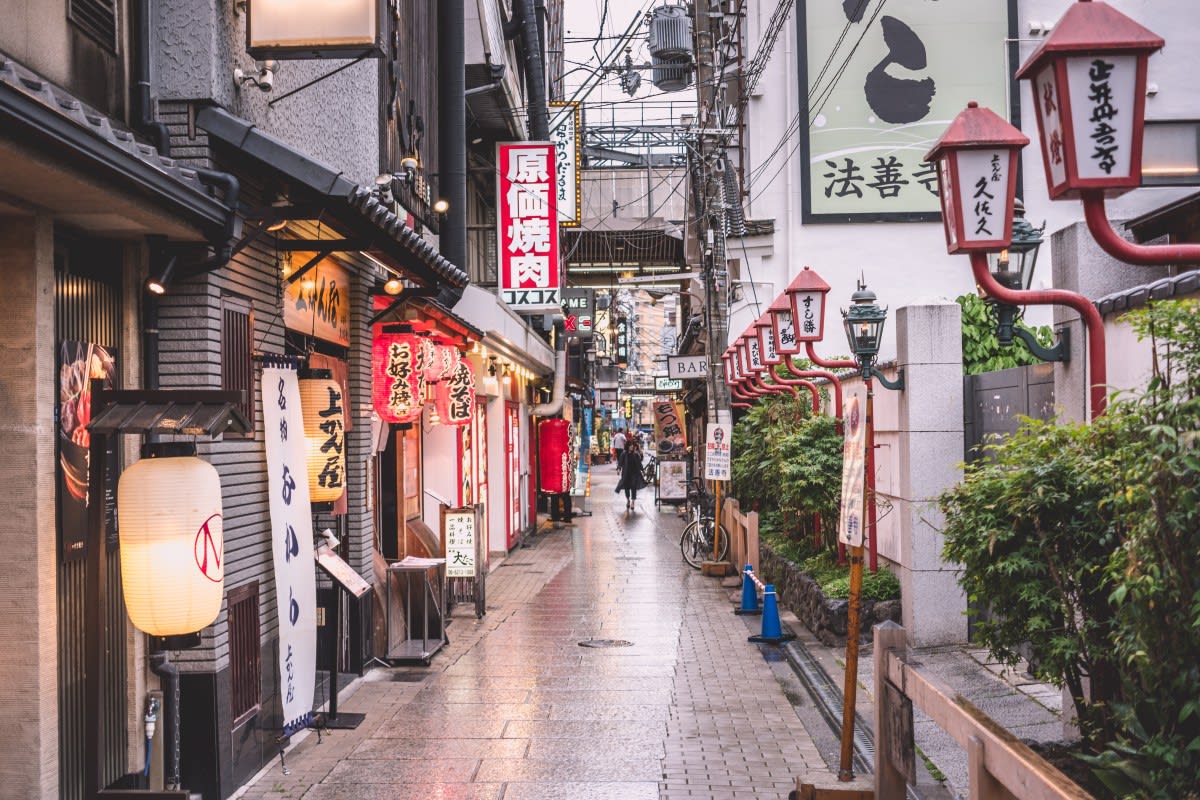The more I learn about urban planning, the more I realize that the American city I live in is dystopic. I'm referring specifically to urban planning, and I'm not being hyperbolic. Have you ever watched the teen dystopia movie Divergent? The whole city is perfectly walkable (or parkourable, if you're Dauntless). I don't know if it even has cars. The USA's urban planning is so bad it's worse than a literal sci-fi dystopia.


[One of the above images is a screenshot from the young adult dystopia movie Divergent. The other is a photo of Tacoma, Washington.]
Sometimes I consider moving to a city with more weirdo nerds. Then I remember Lightcone's headquarters is in San Francisco. On the cost of living vs good urban planning tradeoff, "Let's all move to San Francisco" is the worst coordination failure I can imagine.
It is said that urbanists are radicalized by Amsterdam or Tokyo. Well, I'm in Osaka right now, and as far as I can tell, it's just as good as Tokyo. If you want to know why Japanese cities are so awesome, go watch this video by Not Just Bikes which undersells how good Japan's cities are, because the video discusses only the streets, without mentioning how many small businesses it is possible to pack into a building. These effects are multiplicative. There are about as many coffee shops within walking distances of my random hotel in downtown Osaka than there are anywhere in Seattle, the city Starbucks originated in. This isn't because Osaka is especially into coffee. It's because Osaka has such high density and walkability that there's a huge quantity of all businesses within walking distance, some of which happen to be coffee shops—and that's before considering Osaka's excellent subway system. Restaurants aren't just convenient. They're cheap too, especially if you earn income in USD.
It's not perfect. Most importantly to me, the chairs are all for Japanese-sized people. I'm taller than that.
I notice that high-agency people are very likely to move cities. Usually this is for work or entrepreneurship. But if you have the freedom to choose what city you live in, then it may be worth optimizing for quality of life.

Yes I’m assuming political elites ambitious enough to build a intracity network of bullet train will also figure out some solutions for this. Land use restrictions are okay if the city is big enough. Assuming 400 km * 400 km city with 200 km/h train, that’s a lot of land area. Even if some of it is used inefficiently, it may not have large effects. I do think allowing free market-ish building for the city makes sense here though, rather than a slow permitting system for each building. This is for speed alone.